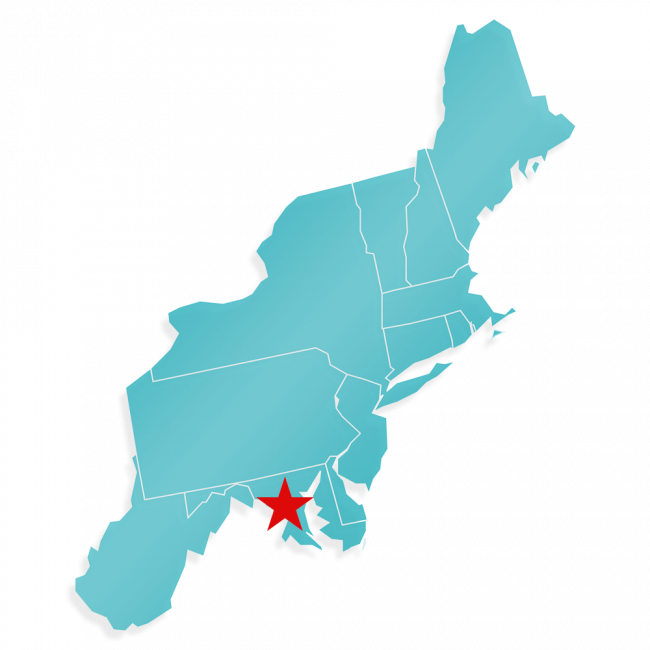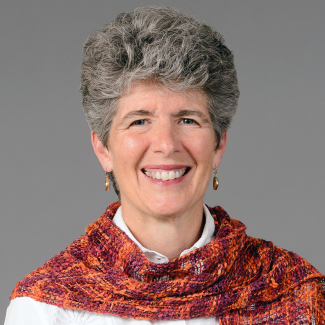
Sue Coakley founded NEEP in 1996 when electricity and natural gas rates in Northeast and Mid-Atlantic states were escalating. Knowing that cost-effective energy efficiency as a resource could more than offset energy growth and defer costly new energy investments, NEEP’s vision was that efficiency’s energy and cost-saving power could be unleashed through regional collaboration to overcome market barriers to energy efficient homes, buildings and industry.
Collaboration
From the outset, NEEP convened stakeholders from states, utilities, environmental and consumer advocates to identify and support regional market transformation initiatives to build robust market demand for quality, efficient products including lighting, clothes washers, windows, HVAC, and more. NEEP also developed a knowledge-sharing practice focused on highlighting the best examples of energy efficiency public policy and evaluation. NEEP built a state partnership program and deepened the partnership with the U.S. Department of Energy, engaged new philanthropic funding, and expanded industry partnership opportunities as well as relationships with local communities and non-profits.
Impact
In 2000, NEEP began a Building Energy Code Initiative to help states adopt and implement national model energy codes with a high level of compliance. This grew to include state adoption of advanced stretch codes and lead-by-example programs to build market capacities for high performance and zero energy schools, public buildings and housing. In 2001, NEEP launched its regional Appliance Efficiency Standards Initiative, and in 2009, an initiative to improve the efficiency of existing homes and buildings through state and local adoption of home and building energy rating and labeling. NEEP convened an Evaluation (EM&V) Forum in 2009 to standardize approaches to assess efficiency policy and program impacts.
In 2009 NEEP set a goal to accelerate market adoption of quality, efficient commercial sector LED lighting to reduce lighting energy use by 50 percent. With utility and lighting industry input, NEEP’s DesignLights Consortium set specifications for a wide range of LED product types and applications as the basis for utility commercial lighting incentive programs. A resounding success, in 2016, NEEP spun off the DesignLights Consortium as an independent non-profit serving the U.S. and Canada.
The cumulative effect of these regional collaborations to accelerate regional energy efficiency market transformation was significant, helping to make the region national efficiency leaders.
In 2019, NEEP updated its regional efficiency collaborations to focus on the regional priority to reduce building sector greenhouse gas emissions. This expanded NEEP’s work to include total home and building energy use including advanced energy efficiency, grid-interactive buildings, and efficient electrification to displace carbon-intensive heating fuels widely used across the region. NEEP continues to accelerate energy efficiency, aligned with state policies to reduce building sector GHG emissions while improving energy affordability, public health and climate resiliency, and driving economic development with quality, sustainable, local jobs.
Sue Coakley, Founder
Sue founded Northeast Energy Efficiency Partnerships (NEEP), a regional non-profit to facilitate regional collaboration to accelerate energy efficiency as a clean, powerful and dependable energy resource, in 1996, and served as Strategic Advisor upon retiring in 2020.
A champion of collaboration as well as an expert in energy efficiency, she has been a clean energy leader for over 30 years including five years at the Massachusetts Department of Public Utilities and several years as an energy efficiency consultant/advocate before founding NEEP.


